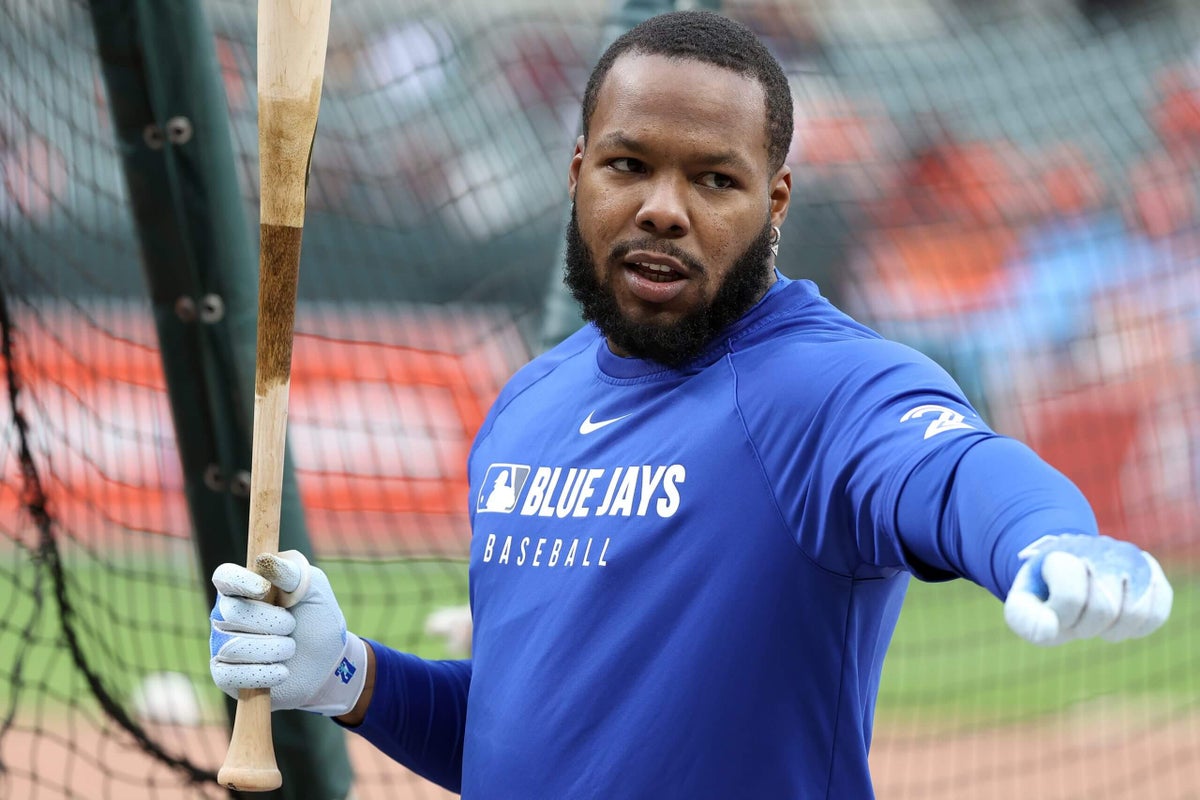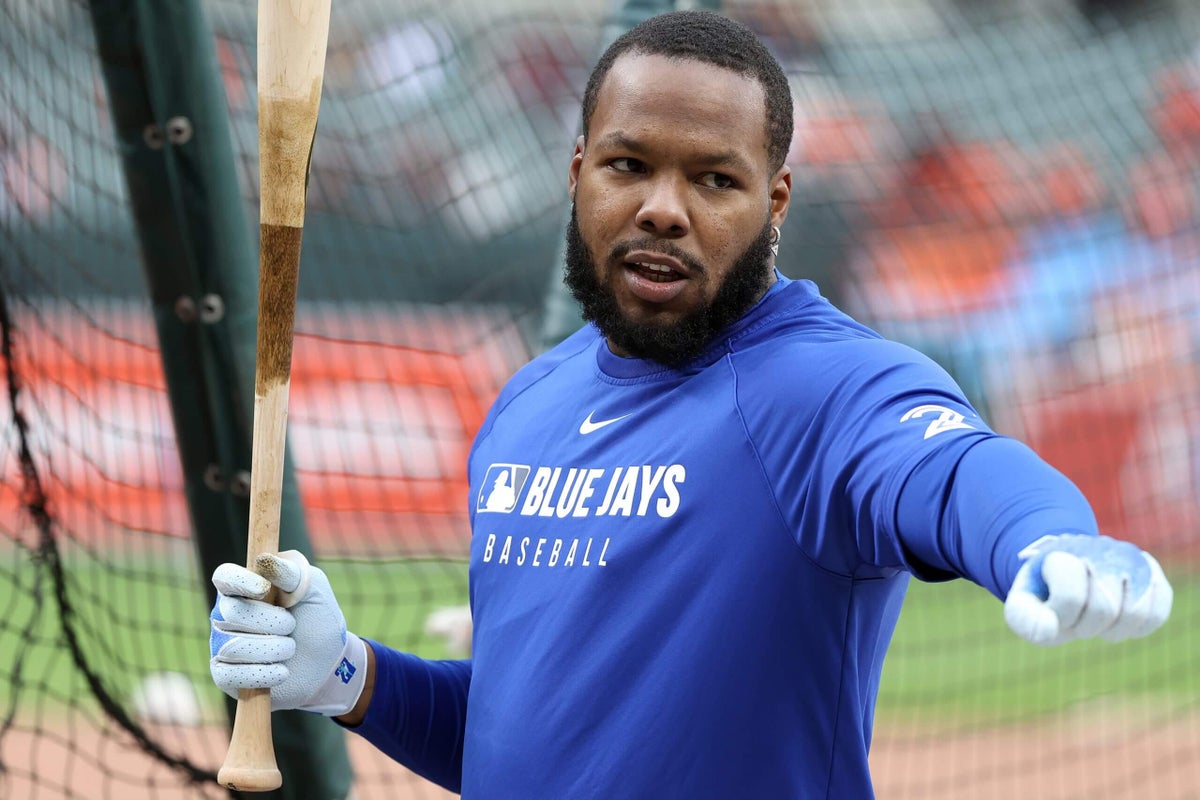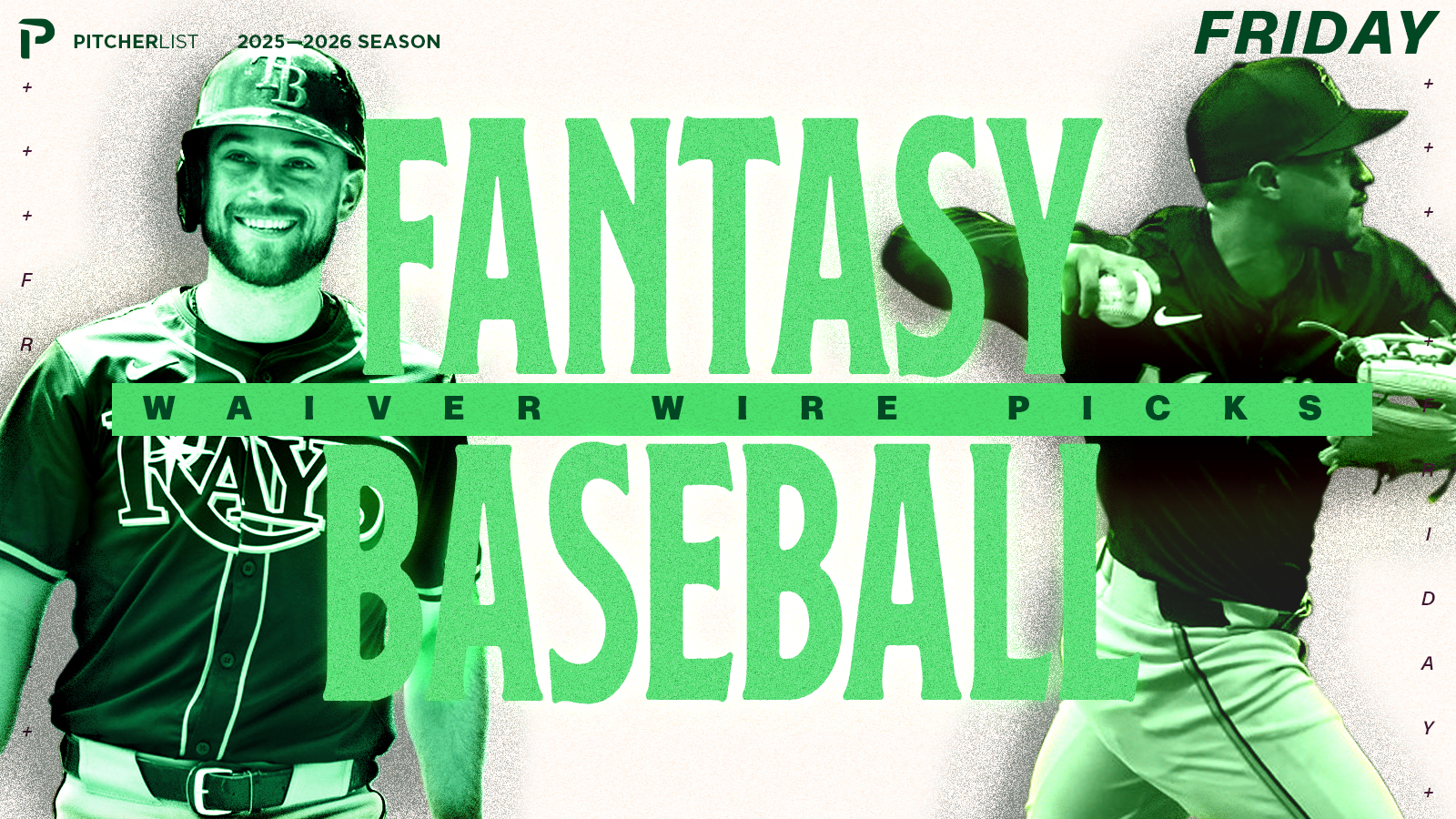
After disappointing fans with their failed pursuits of Shohei Ohtani and Juan Soto, Toronto Blue Jays executives will hold a Monday news conference at the Rogers Centre, where they will reintroduce Vladimir Guerrero Jr. as a franchise pillar and take a victory lap. The aftershocks from Guerrero’s new 14-year, $500 million extension are still being felt throughout the baseball industry.
Advertisement
The Chicago Cubs are certainly feeling it. The mounting pressure in Toronto has already shifted toward another major-market franchise facing questions. In Chicago, that means scrutiny about the Cubs’ commitment to spend money and to locking up Kyle Tucker, who’s positioned to become the No. 1 free agent next winter.
Of course, looming over everything is the work stoppage anticipated once the current collective bargaining agreement expires after the 2026 season. Those labor tensions aren’t just between the players and management. It’s small-market owners vs. big-market owners. It’s the free-spending Los Angeles Dodgers and New York Mets seemingly playing a different financial game.
After a recent series of extensions generally viewed as team-friendly, Guerrero’s megadeal earned praise from rival agents as a win for players.
Home is Toronto.
Home is Canada.
Home is Here.Voiced by Vladimir Guerrero Jr. 🇨🇦❤️ pic.twitter.com/CwfhRrzlij
— Toronto Blue Jays (@BlueJays) April 9, 2025
That victory includes Guerrero’s $325 million signing bonus. To gain a better understanding of how this impacts Major League Baseball as a whole, The Athletic contacted several agents. In exchange for their candor, agents were granted full anonymity.
“I like the deal a lot for Vlad,” one longtime agent said. “And the best part is the structure. Even in a lockout, he gets his money.”
Signing bonuses are not contingent on the performance of services, meaning Guerrero would still receive his annual payout if MLB canceled games due to a work stoppage.
One expressed reservations about the bonus, wondering how much attention it may draw from the Canadian government. The Canada Revenue Agency has previously disputed some signing bonuses for NHL players, viewing that mechanism as a form of salary in certain cases. From a U.S. perspective, the structure could save millions for Guerrero. Signing bonuses are allocated to a player’s state of residence, and Guerrero lives in Florida, which has no income tax.
Advertisement
“The deal is creative,” another agent said. “The guy secured $500 million. But it’s hard to say that the contract will age well going forward. But he did get that much with a signing bonus not subject to a work stoppage.”
Bonus aside, some agents raised the question: How much more would Guerrero, 26, have received if he tested the open market?
“Could he have gotten more in free agency?” an agent asked. “Maybe.”
A different agent said the difference between Guerrero’s annual average value ($35.7 million) and Juan Soto’s ($51 million) should’ve been closer to $10 million.
Yet another agent responded, “I like this deal for the player as I think he could have ended up in the same place value-wise in free agency, too. Thus, it was for Toronto to send a message that they are serious about winning.”
Indeed, the Blue Jays finally got someone to take their money.
“At a certain point, if your owner’s willing to spend a s—load of money,” an agent said, “prove it.”
By extending Guerrero, the Blue Jays removed one of the best players from the upcoming free-agent class. Now, compared to recent offseasons, the group appears far less robust.
“It’s not deep,” an agent said succinctly.
The clear headliner is Tucker, who was traded from the Houston Astros to the Cubs in the offseason. Other notable names include Dylan Cease, Framber Valdez, Zac Gallen, Bo Bichette, Kyle Schwarber and Luis Arraez. Pete Alonso and Alex Bregman also loom as possible opt-out candidates.
One agent summed up the drop-off: “It’s now Kyle Tucker and then your next best hitter is Bo Bichette.”
“Kyle Tucker’s value just increased and he should thank Vlad Jr.,” another agent said. “He’s not going backwards. That’s your target area. Maybe he doesn’t get that, but that’s on the board.”
And the pressure is on the Cubs to sign Tucker to the biggest contract in franchise history.
Advertisement
“They have to,” a different agent said.
From the agents’ perspective, Guerrero’s deal widened the divide between the superstars who are getting paid handsomely and the middle-class players who are getting squeezed out. That leaves Tucker on deck as a huge winner in the wake of Guerrero’s extension.
“I don’t think that Tucker’s going to get the money that Vlad got, but I think he’s a better hitter than Vlad,” an agent said. “I think Kyle Tucker’s the best hitter in the game right now.”
(Photo: Daniel Kucin Jr. / Imagn Images)

